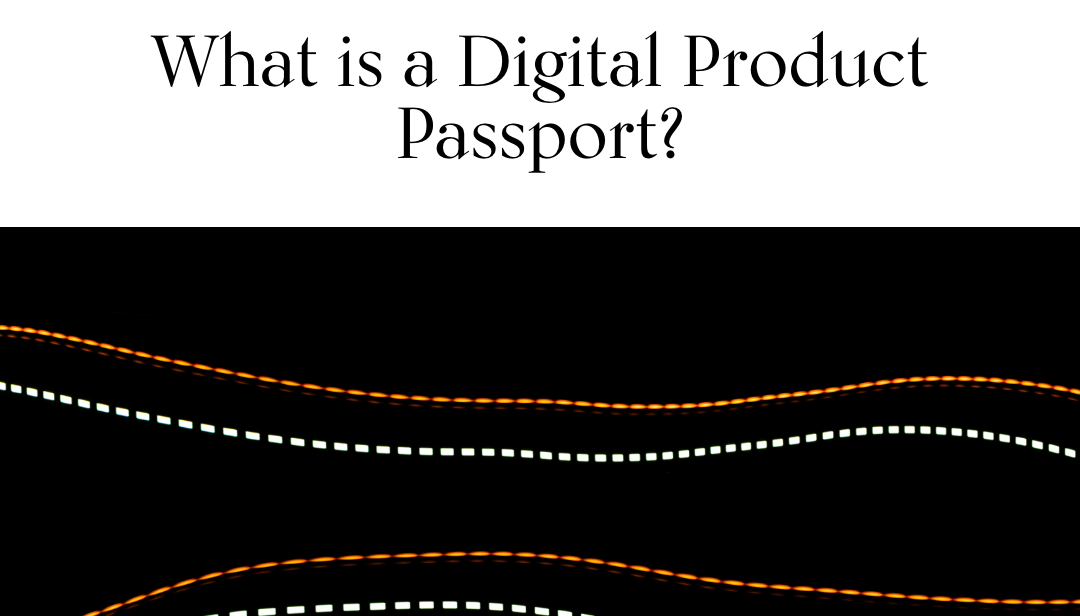About Digital Product Passports (DPP)
The Digital Product Passport (DPP) is a set of sustainability data that enables circular products and business models. A consistent digital representation of a physical product creates an improved information exchange along the supply chain, enabling the verification and management of product sustainability.
A product passport means that each product has a unique identity that can be linked to one or more data sources with information about that particular product. The product passport enable businesses and consumers access to product information directly from the supplier or other data sources chosen by the supplier. The information may cover the product’s sustainability performance, origin, warranty, recycling and instructions for installation or repair.
The new EU regulation
Europe is at the beginning of its transformation to a more circular economy and aims to become the world’s most sustainable region. Digital Product Passports are part of a new EU framework – the Ecodesign Sustainable Products Regulation (ESPR), as part of the EU Green Deal, aiming to meet Europe’s commitment to the Paris Agreement and the UN Sustainable Development Goals (SDGs) .
The proposal covers almost all physical products on the European market in all product areas with the exception of food, pet food and medical products where other legislation with similar requirements applies. The regulation was adopted in April 2024 and the rules will be rolled out gradually until approximately 2030.
Benefits of Digital Product Passports
For brand owners and industries, the EU regulation on product passports is just one of several drivers. A consistent information management provides the necessary tools to achieve and monitor businesses’ own sustainability goals, increase consumer interaction and many other benefits.
Contributes to sustainability
Increased traceability
More transparency
Consumer and product safety
More efficient supply chain
Regulatory compliance

Digital Product Passports and GS1
GS1 standards enable digital product passports to work in practice. The product portfolio contains standards for identification, marking and sharing, including 2D barcodes and GS1 Digital Link, which are particularly relevant for product passports. It allows GS1 standards to be adapted for the web and product information from the same code to be scanned by a mobile phone, at the checkout and by all parties in the supply chain.
GS1 working groups for DPP
DPP projects
GS1 Sweden has a driving role in enabling solutions for Digital Product Passports. We are active in the global standardization work within GS1 to further future-proof the standard portfolio for DPP. We also participate in the following national and European projects and initiatives.

Resource Library
Find shortcuts to new EU regulations, reports and publications from companies and authorities.
News
Here we publish news about the latest developments in Digital Product Passports.
News archive

Frequently asked questions















